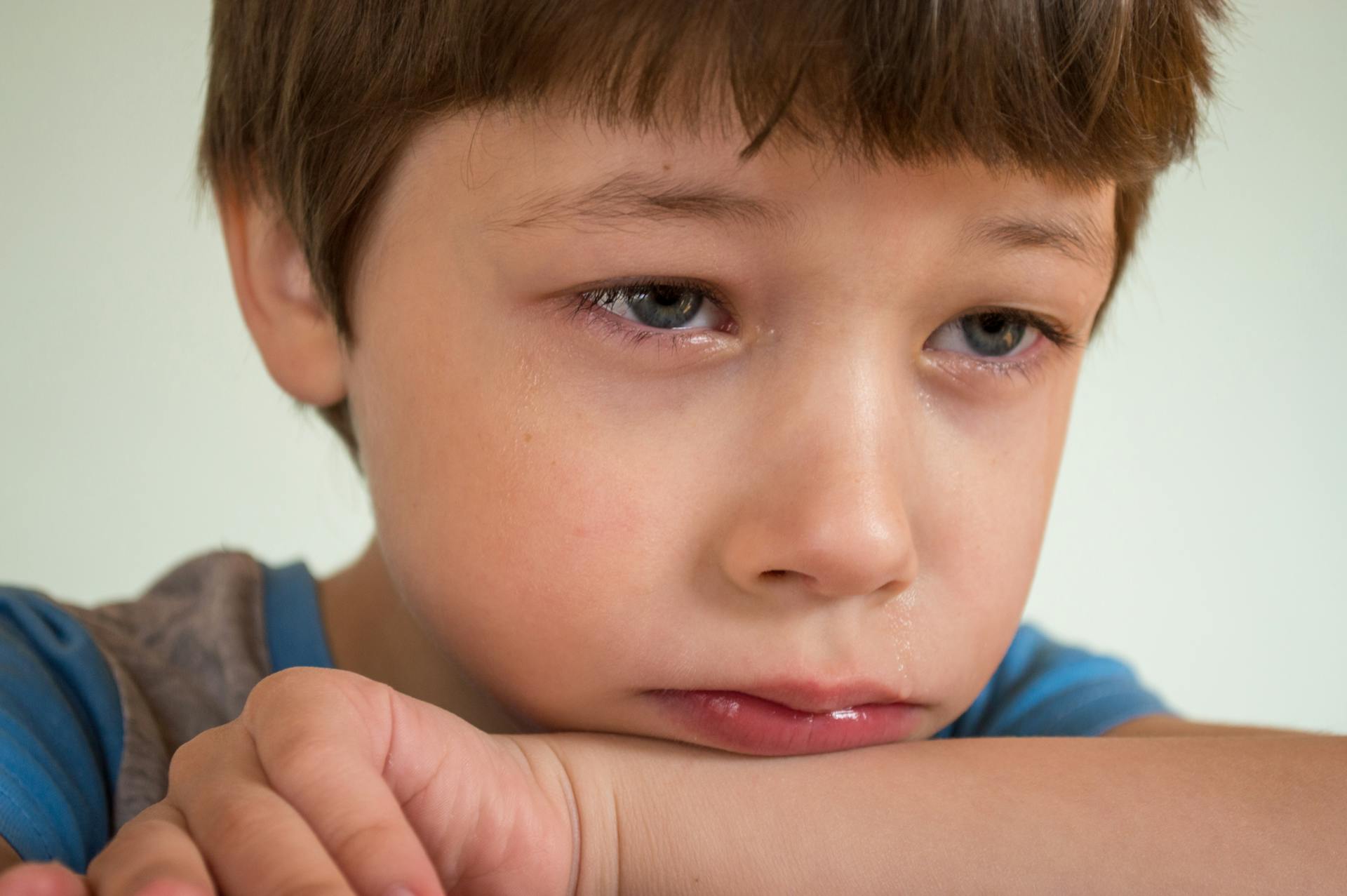
Compassionate Parenting Builds Resilience, Not ‘Snowflakes’, Says Ivy League-Trained Psychologist
Showing compassion to children during emotional outbursts fosters long-term resilience and mental strength, not weakness, according to Dr. Becky Kennedy, a Columbia-trained clinical psychologist and parenting expert. On the April 22 episode of her podcast "Good Inside," Dr. Becky Kennedy challenged the common belief that responding to children’s tantrums with empathy might make them overly sensitive.
"It’s almost like we view compassion as dangerous," Kennedy said, noting that many parents fear their kids will become "snowflakes" if treated too gently during emotional moments.

A sad boy | Source: Pexels
Kennedy, who has raised three children, acknowledged she once shared those concerns. However, she explained that criticism during a child’s meltdown often escalates distress rather than resolving it. “If I add my criticism, my invalidation, the feeling just gets bigger. It’s so counterproductive,” she said.
Instead, Kennedy advised parents to use validating language like, “It makes sense. You’re upset ... That is real. And I know you’re going to get through it.” Such statements help children feel understood and emotionally supported.
Psychotherapist Amy Morin echoed this approach, recommending that parents balance empathy with boundaries: “It’s OK to feel upset, but not OK to act this way.” She emphasized that children can learn to manage emotions through tools like deep breathing and emotion naming.

An upset girl | Source: Pexels
Kennedy stressed the long-term impact of parental tone, stating, “A parent’s voice becomes a child’s self-talk.” Critical responses can lead to self-criticism in adulthood, hindering confidence and resilience.
Referencing research by Dr. Kristin Neff of the University of Texas at Austin, Kennedy said self-compassion promotes persistence and responsibility. “Compassion after failure makes people more likely to persevere and try again,” she noted, reinforcing that compassion strengthens rather than softens.
